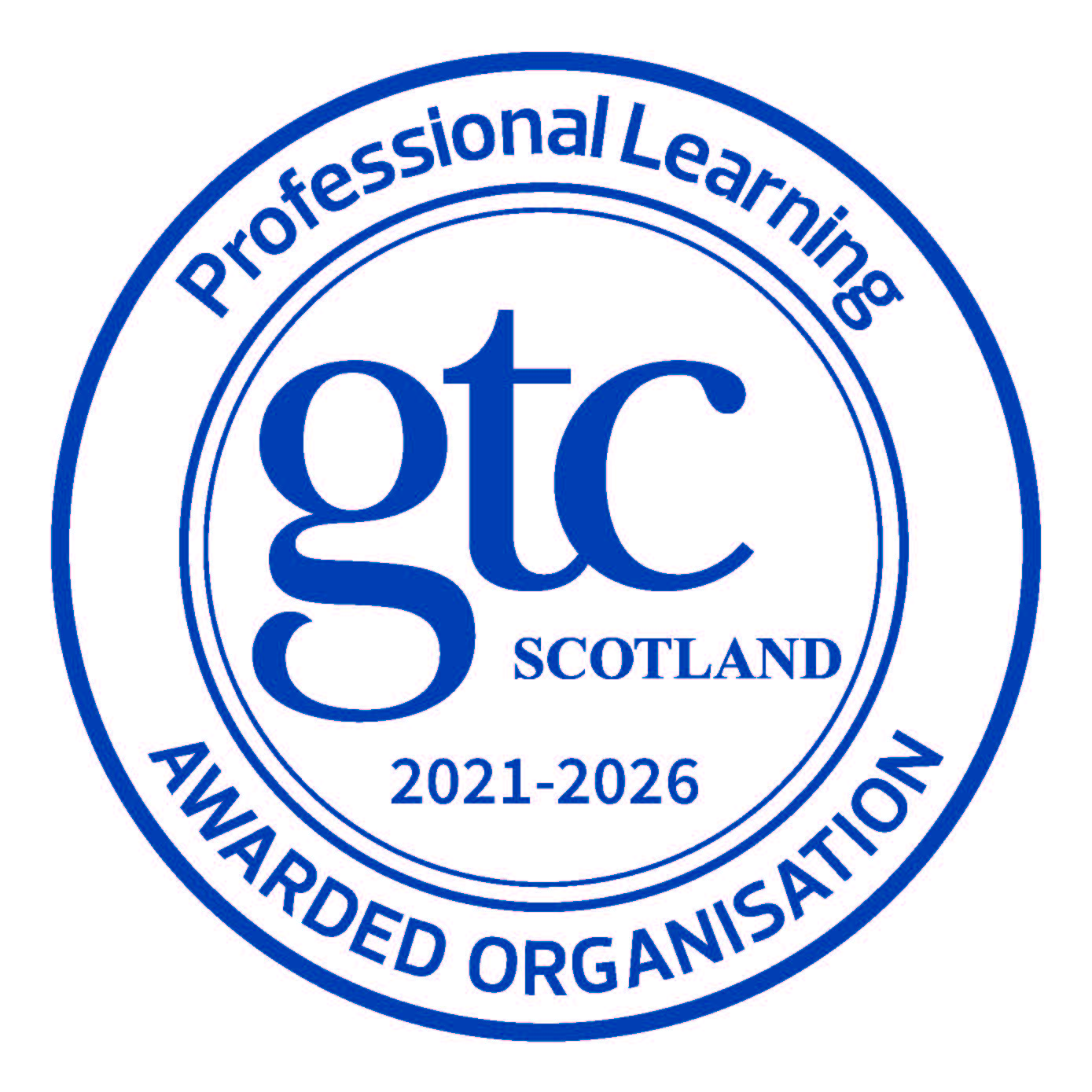Overnight accommodation between day 1 and 2 can be provided on a dinner, bed and breakfast basis at a local hotel. Please refer to the cost tab for the residential course fees
The course will be held at SSERC in Dunfermline. Our SSERC buildings are at 2 Pitreavie Court, Dunfermline, KY11 8UU. SSERC is a short (5-10 minutes) walk from Rosyth railway station and close to the end of the A823(M) spur off Junction 2 of the M90 motorway. Car journey times (approximately): Edinburgh – 30 min; Glasgow – 60 min; Aberdeen – 2.5 hours; Inverness – 3 hours.



Registration is closed.
